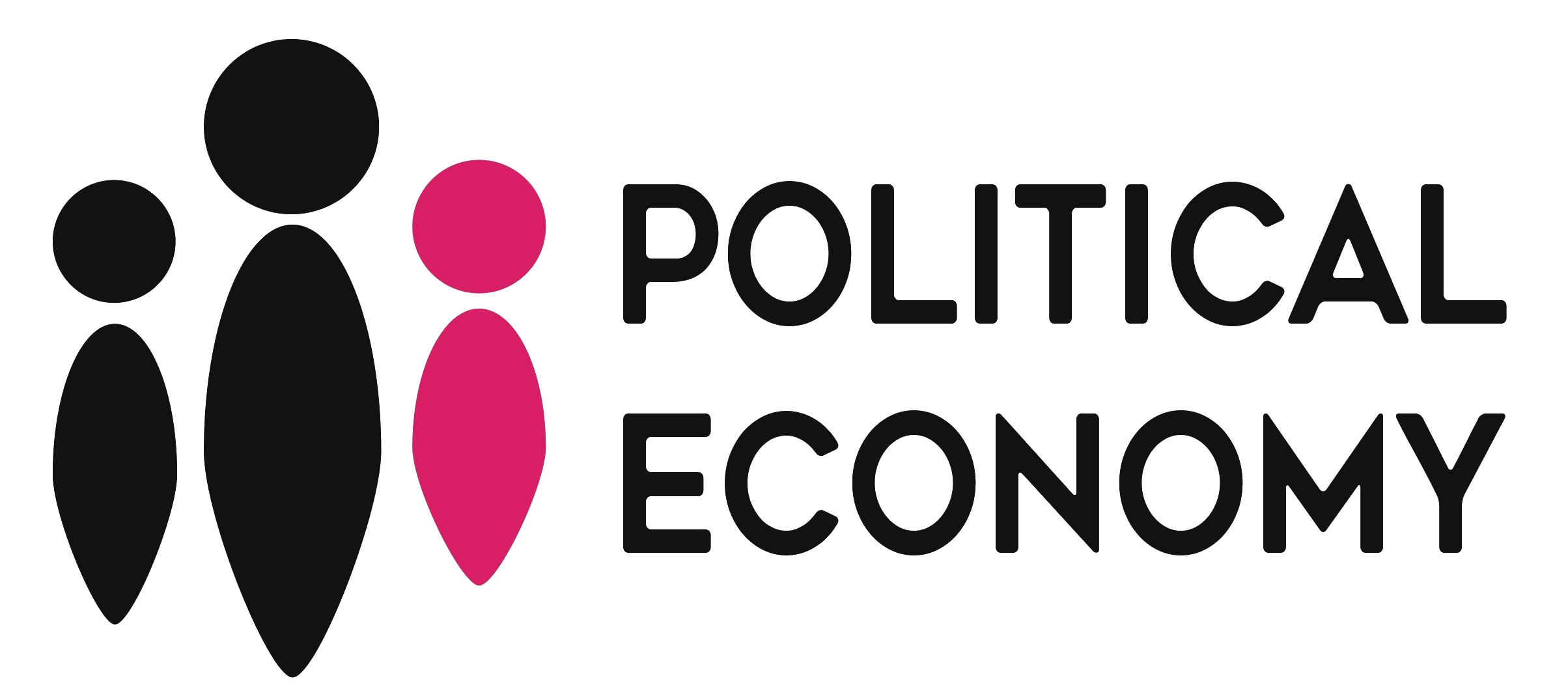Forschung
2022
How to Start a Grassroots Movement [CESifo Working Paper]
Zusammenfassung
We study the influence of social messages that promote a digital public good, a COVID-19 tracing app. We vary whether subjects receive a digital message from another subject, and, if so, at what cost it came. Observed maximum willingness to invest in sending varies, from 1 cent up to 20 euros. Does this affect receivers’ sending behavior? Willingness to invest in sending increases when previously receiving the message. Yet, cost signals have no impact. Thus, grassroots movements can be started at virtually no cost. App-support matters normatively as non-supporters are supposed to be punished in triage.
Limiting medical certainties? Funding challenges for German and comparable public healthcare systems due to AI prediction and how to address them
Zusammenfassung
Current technological and medical advances lend substantial momentum to efforts to attain new medical certainties. Artificial Intelligence can enable unprecedented precision and capabilities in forecasting the health conditions of individuals. But, as we lay out, this novel access to medical information threatens to exacerbate adverse selection in the health insurance market. We conduct an interdisciplinary conceptual analysis to study how this risk might be averted, considering legal, ethical, and economic angles. We ask whether it is viable and effective to ban or limit AI and its medical use as well as to limit medical certainties and find that neither of these limitation-based approaches provides an entirely sufficient resolution. Hence, we argue that this challenge must not be neglected in future discussions regarding medical applications of AI forecasting, that it should be addressed on a structural level and we encourage further research on the topic.
Zitation:
Ulmenstein, U. von, Tretter, M., Ehrlich, D. B., & Lauppert von Peharnik, C. (2022). Limiting medical certainties? Funding challenges for German and comparable public healthcare systems due to AI prediction and how to address them. Frontiers in Artificial Intelligence, 5, Article 913093, 175. https://doi.org/10.3389/frai.2022.913093
2021
Easing Restrictions During Vaccine Scarcity. How Mitigation Measures Help Tackling Associated Moral and Behavioral Challenges
In an exciting interdisciplinary exchange, made possible by the BMBF-funded project CwiC: Coping with Certainty, we had the chance to cooperate with colleagues from the Legal and Ethical Sciences. Based on the Covid pandemic example, we studied how testing and and other mitigating measures can help to achieve fairer and better access to personal freedom rights, when not everyone has had a chance to get vaccinated, yet, and which challenges must be overcome on this route:
Zusammenfassung
Background: When vaccines became first available during the Covid-19 pandemic, their demand significantly exceeded their supply. In consequence, the access to vaccines, initially, was distributed unequally. At the same time, governments started easing pandemic restrictions for vaccinated and recovered persons and restoring their freedoms since their risk of transmitting the virus is significantly reduced.
Evidence: We show that restoring freedoms for vaccinated and recovered persons – while upholding restrictions for the rest of the population – is morally unfair during vaccine scarcity. Further, it may yield unintended side-effects, including perverse incentives, growing rifts in society, and the expansion of marginalization.
Policy Options & Recommendations: We recommend accompanying easing for vaccinated and recovered individuals by mitigation measures for those who are neither vaccinated nor recovered. We propose, first, to temporarily lift the same restrictions for negative-tested individuals, as for vaccinated or recovered people. Second, the state must ensure broad and easy access to testing for everyone – free of charge.
Conclusion: If done right, these mitigation measures create (at least temporarily) equal access to freedom for everybody – solving the moral problem of unfair access to freedoms and counteracting possible negative consequences.
Zitation:
Tretter, M., Ehrlich, D.B., & von Ulmenstein, U. (2021). Easing Restrictions During Vaccine Scarcity. How Mitigation Measures Help Tackling Associated Moral and Behavioral Challenges. Public Health Reviews. https://dx.doi.org/10.3389/
Forschungsinteressen
- Forschungsprofil des BMBF-geförderten und interdisziplinären Projekts "Coping with Certainty – How Artificial Intelligence improves predictability and challenges normative perspectives"
- Verhaltensökonomie
- Nudging
- Digitalökonomie und gesellschaftliche, politische Auswirkungen
| Titel | Typ | Semester |
|---|---|---|
| Economics and Behavior | Vorlesung (V) | WS 20/21 |
| Übung zu Economics and Behavior | Übung | WS 20/21 |
| Übung zu Economics and Behavior | Übung | WS 19/20 |
| Topics in Political Economy (Master) | Seminar (S) | WS 19/20 |
| Topics in Political Economy (Bachelor) | Seminar (S) | WS 19/20 |
| Morals & Social Behavior (Bachelor & Master) | Seminar (S) | WS 19/20 |
Betreute Abschlussarbeiten
- "Increasing Influenza Vaccination Uptake – Nudging as a Promising Tool“
- "Nudging Sustainable Food Consumption: A Literature Review and Nudge Design"
- "Increasing Organ Donation – The Promises of Nudges"
- "Conflicting Interests, and Incentives in Financial Consulting"
- "Terms of Service – did you read? Using Transparency as a Nudge in the Digital Age"
- "How are Social Norms Affected by the AI Revolution? Customers' Awareness of Privacy Issues Related to Digital Assistants"


